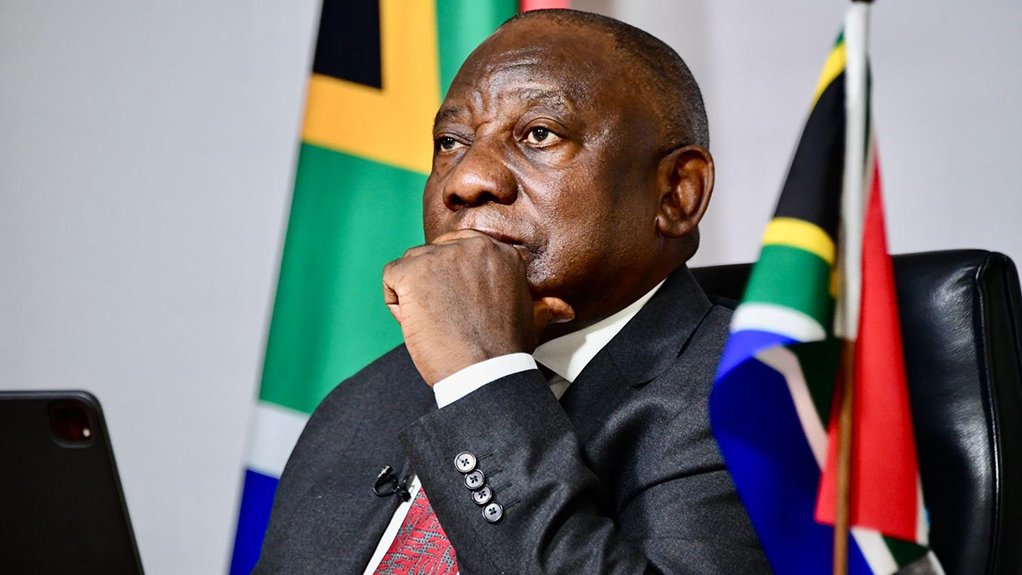Recent outbreaks of cholera have prompted President Cyril Ramaphosa to ask Water and Sanitation Minister Senzo Mchunu to make recommendations to strengthen the governance, management and regulatory framework for municipal water and sanitation services.
This includes ensuring that national minimum norms and standards are comprehensive, monitored and adhered to by all water service providers, he said.
Ramaphosa wrote in his weekly letter to the nation that the recent cholera outbreak in Hammanskraal, in Gauteng and in the Free State had shown the importance of safe and effective water and waste water management.
Twenty-four people have succumbed to cholera.
Ramaphosa noted that unreliable and poor-quality drinking water has been a problem in Hammanskraal for many years.
“The Rooiwal wastewater treatment works, which is upstream of Hammanskraal, has not been well-maintained and has insufficient capacity to deal with the volume of waste water entering the works,” he said.
He explained that over the years, in its role as the regulator of the water sector, the Department of Water and Sanitation (DWS) has issued many directives to the City of Tshwane to address pollution from the Rooiwal wastewater treatment works.
Regrettably, he added that these directives were not acted on.
Ramaphosa said as a result, the Department initiated legal action to force the City to use its grant from national government to refurbish and upgrade the wastewater treatment works.
“Disease outbreaks such as the cholera outbreak in Hammanskraal are made far worse in situations of poor governance, weak management and poor maintenance of infrastructure. We have a responsibility – and are determined – to remedy those shortcomings in a sustainable way and as a matter of urgency,” he said.
He noted that while there must be full accountability for the failings that have resulted in the cholera outbreak in Hammanskraal, government must stop the spread of cholera and take remedial measures to safeguard human health.
Ramaphosa explained that, generally, water quality in South Africa was of a high standard, which, according to the country’s Water Research Commission, “compares well with the best in the world”. It is important to note that the dual water systems supplied by Magalies and Rand Water to the Tshwane area meet national standards, he added.
He said an investigation was underway into the source of the outbreak.
Technical teams from the City of Tshwane, the DWS, and the provincial and national departments of health are carrying out water quality tests at distribution points and at water treatment works in the area, he said.
“They are also tracking and tracing infections. To date, the original source of the cholera infection has not been located. However, this waterborne disease is highly transmissible in conditions where there is inadequate access to clean water and sanitation facilities,” Ramaphosa explained.
He said as government wait for the results of the investigation into the cholera outbreak in Hammanskraal, it is critical that local government authorities continue to work closely with national government to address and overcome the immediate challenges with water quality in Hammanskraal.
He explained that it is encouraging that the City of Tshwane and the Department of Water and Sanitation are working together to ensure the various water supply systems meet drinking quality standards.
EMAIL THIS ARTICLE SAVE THIS ARTICLE ARTICLE ENQUIRY
To subscribe email subscriptions@creamermedia.co.za or click here
To advertise email advertising@creamermedia.co.za or click here











